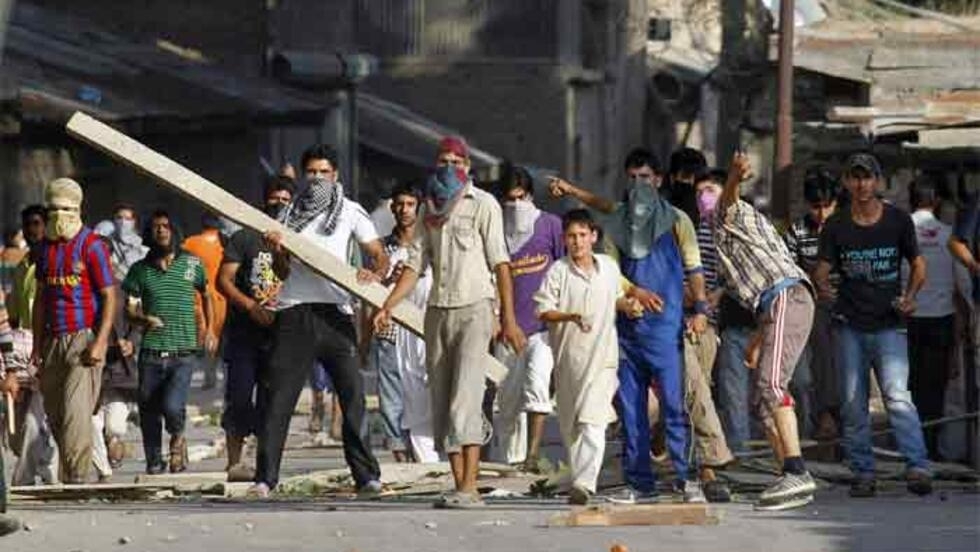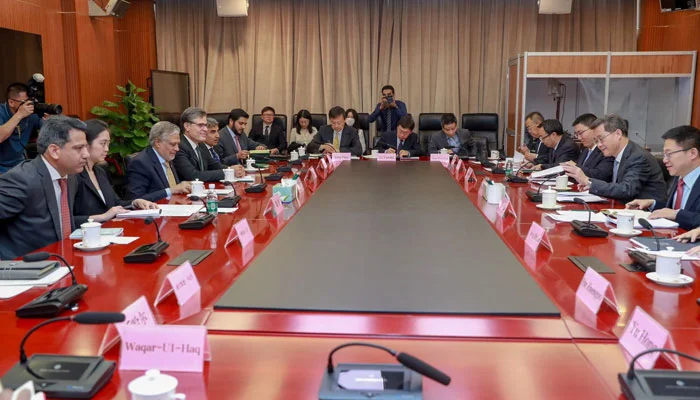- Kashmir: A Region of Complexities
- Brief overview of the Kashmir region
- Introduction to Pakistan-administered Kashmir
- Historical and geopolitical context of the region
- Recent Protests: Tracing the Origins
- Overview of recent protests in Pakistan-administered Kashmir
- Triggering events and underlying causes
- Sociopolitical dynamics leading to unrest
- Understanding the Grievances: Socioeconomic Factors
- Socioeconomic disparities within Pakistan-administered Kashmir
- Unemployment, poverty, and lack of development
- Perceptions of marginalization and neglect by the government
Exploring the Root Causes: Political and Governance Issues
- Governance Challenges: Issues of Representation
- Analysis of governance structures in Pakistan-administered Kashmir
- Critique of political representation and decision-making processes
- Calls for greater autonomy and democratic reforms
- Human Rights Concerns: Allegations of Repression
- Examination of human rights violations in the region
- Reports of censorship, crackdowns on dissent, and media restrictions
- International scrutiny and calls for accountability
- Cross-Border Dynamics: Impact of Indo-Pak Relations
- Influence of Indo-Pak relations on Kashmiri politics
- Role of external actors in exacerbating or mitigating tensions
- Implications of geopolitical rivalries on internal stability
Addressing the Challenges: Paths to Resolution and Reconciliation
- Dialogue and Diplomacy: Pursuing Peaceful Solutions
- Importance of dialogue between stakeholders
- Diplomatic efforts to address Kashmiri grievances
- Role of mediation and conflict resolution mechanisms
- Inclusive Governance: Empowering Local Communities
- Importance of inclusive governance structures
- Empowering marginalized communities through political participation
- Strengthening local institutions and decision-making processes
- Economic Development: Fostering Prosperity and Stability
- Strategies for economic development and job creation
- Investment in infrastructure and basic services
- Promoting tourism and sustainable development initiatives
- Moving Forward: A Call for Comprehensive Action
- Recap of the complex challenges facing Pakistan-administered Kashmir
- Urgency of addressing grievances and promoting stability
- Importance of inclusive, participatory approaches to conflict resolution
- Hope Amidst Turmoil: Opportunities for Progress
- Recognition of the resilience and aspirations of the Kashmiri people
- Potential for positive change through dialogue and cooperation
- Commitment to a peaceful and prosperous future for the region
- International Community: Supporting Peace and Justice
- Role of the international community in facilitating dialogue
- Call for respect for human rights and international law
- Commitment to promoting peace, stability, and justice in Kashmir and beyond
- Understanding the Grievances: Socioeconomic Factors
Recent protests in Pakistan-administered Kashmir are not spontaneous outbursts but rather manifestations of deep-seated grievances rooted in socioeconomic disparities. Within the region, there exists a stark contrast between urban centers, where development projects may be concentrated, and rural areas, where basic infrastructure and services are often lacking. Unemployment rates are high, particularly among the youth, exacerbating feelings of frustration and disillusionment. Moreover, the perception of marginalization by the central government in Islamabad is pervasive, as resources and attention seem to flow more readily to other parts of Pakistan. These socioeconomic factors contribute significantly to the sense of alienation and disenchantment among the population, fueling discontent and providing fertile ground for protests to emerge.
- Governance Challenges: Issues of Representation
Governance structures in Pakistan-administered Kashmir have long been criticized for their lack of inclusivity and transparency. While the region has its own legislative assembly and a degree of autonomy, many residents feel that their voices are not adequately represented in decision-making processes. Power is often concentrated in the hands of a select few political elites, leading to perceptions of nepotism and corruption. Moreover, the appointment of key officials by the federal government in Islamabad has raised questions about the true extent of Kashmiri autonomy. Calls for greater accountability, electoral reforms, and decentralization of power have been recurrent themes in the demands of protesters, reflecting a broader desire for more participatory and responsive governance structures.
- Human Rights Concerns: Allegations of Repression
Allegations of human rights abuses, including arbitrary arrests, extrajudicial killings, and restrictions on freedom of expression, have further inflamed tensions in Pakistan-administered Kashmir. Activists and journalists critical of the government have faced intimidation and harassment, leading to a climate of fear and self-censorship. Reports of security forces using excessive force against protesters have also surfaced, raising concerns about the erosion of civil liberties and the rule of law. The international community, including human rights organizations and foreign governments, has condemned such violations and called for independent investigations to hold perpetrators accountable. However, the lack of transparency and reluctance to acknowledge wrongdoing on the part of authorities have hindered efforts to address these grievances effectively.



